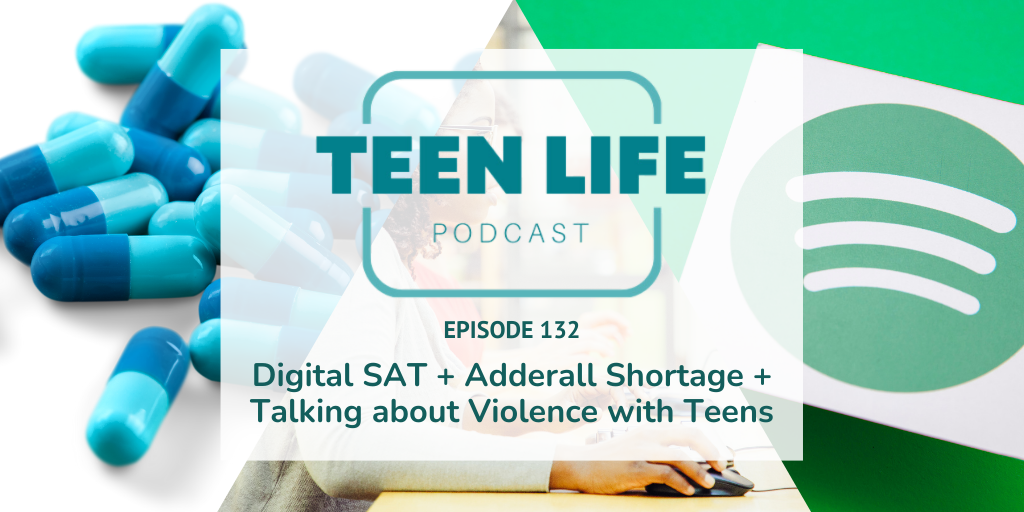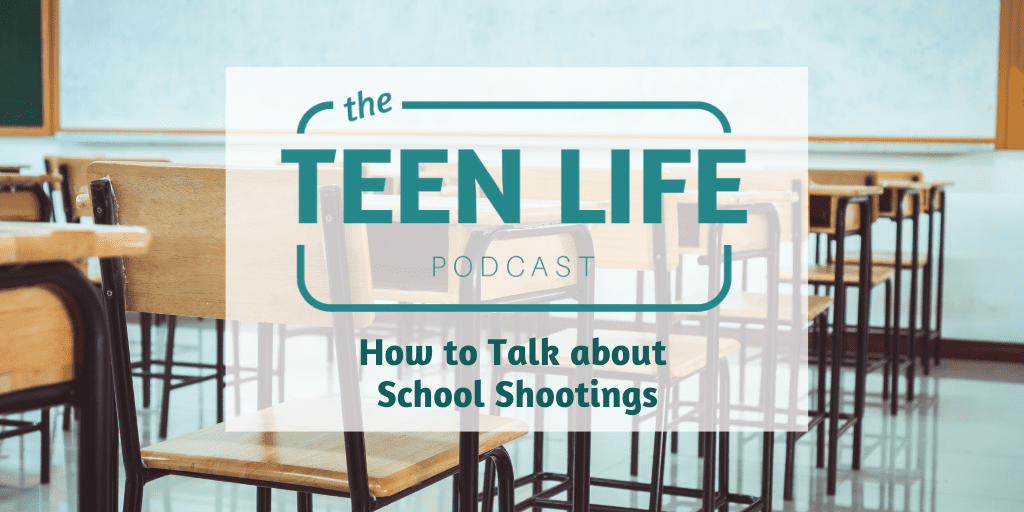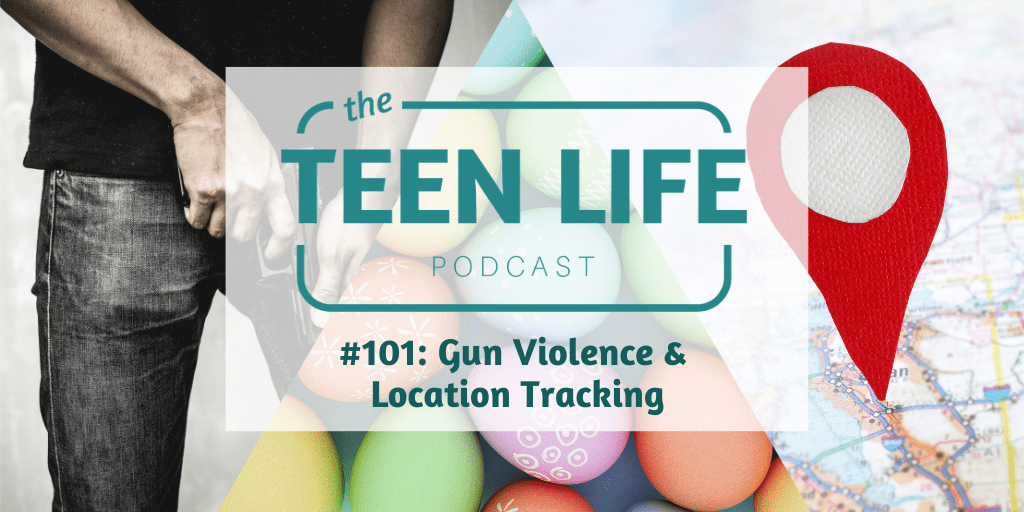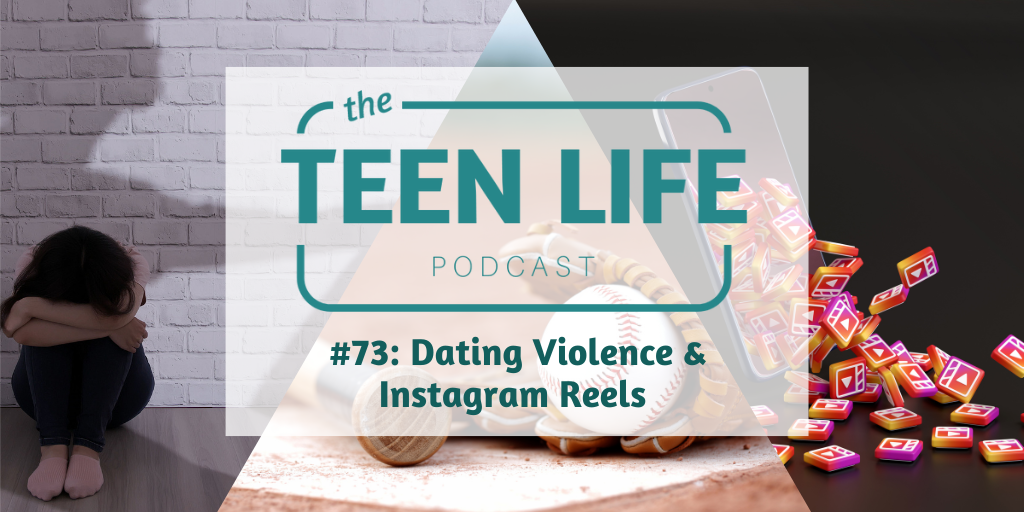
Lapse + Meta Lawsuit + Teacher Burnout + Advent | Ep. 136
Podcast: Play in new window | Download
How to Help Tired Teachers with Mid-Year Burnout
As winter break approaches, teachers, parents, and students all struggle to finish the semester strong. Kids are crazy. Tired teachers struggle to get all the grades in and contain classrooms of tired, excitable students. It gets dark earlier. How can everyone survive this time of year?
Here are just a few ways parents can help tired teachers.
Open Communication
Maintain open and respectful communication with teachers. Establishing a positive relationship allows for discussing concerns or challenges, fostering a supportive environment for both parties.
Respect Boundaries
Understand and respect teachers’ time and boundaries. Avoid expecting immediate responses after school hours and be mindful of their workload.
Support Classroom Policies
Familiarize yourself with classroom policies and support teachers in implementing them. Consistency between home and school environments can ease teachers’ workload and create a conducive learning atmosphere.
Volunteering and Assistance
Offer to volunteer or assist in classroom activities, field trips, or projects. Your involvement can alleviate some of the workload and demonstrate support for the teacher.
Encourage Positive Behavior
Reinforce positive behavior and values taught in the classroom at home. This alignment helps create a consistent and supportive environment for learning.
Regular Updates
Stay informed about your child’s progress and any updates from the school. Respond promptly to communications from teachers to facilitate a smoother interaction and support their efforts.
Appreciation and Recognition
Express gratitude and appreciation for the work teachers do. A simple thank-you note or gesture can go a long way in boosting their morale and motivation.
Respectful Disagreements
In case of disagreements or concerns, address them respectfully and directly with the teacher. Open dialogue and collaboration can lead to effective resolutions.
Parent-Teacher Associations (PTAs)
Participate actively in PTAs or school committees. Contributing to the school community and initiatives can indirectly support teachers by improving overall school dynamics.
Understanding Challenges
Recognize the challenges teachers face, such as managing diverse student needs or adapting to changing educational standards. Having empathy for these challenges can help create a more supportive environment.
Be sure to listen to the full episode for Tobin’s tips on tone and other ways to help everyone make it to winter break!
Also in this episode:
- The Lapse app, 3rd in the App Store a couple of weeks ago, has now outpaced TikTok and Google. The app mimics a disposable camera that snaps pictures and then has a wait period (as the film “develops”) before you can view them.
- States across the US have filed a lawsuit against Meta saying that Meta — which owns Facebook, Instagram, WhatsApp, and Messenger — violated consumer protection laws by unfairly ensnaring children and deceiving users about the safety of its platforms. It accuses Meta of having profoundly altered the psychological and social realities of a generation of young Americans.
- Not everyone participates in Christmas, but there are many winter holidays and traditions to celebrate.
In this episode, we mentioned or used the following resources about the Lapse app, social media lawsuits, and winter holiday traditions.
- Lapse.com
- Time: How Lapse Is Trying to Become the Anti-Instagram
- Verge: Meta, ByteDance, Alphabet, and Snap are dealing with dozens of lawsuits that accuse their platforms of harming children.
- CNN: What is Advent? And what traditions do people follow worldwide?
- Honey
- Teen Life Podcast: Social Media Report | 2023 Gift Guide | Girl Math
- Podcast music by Luke Cabrera & Tobin Hodges
Have a question?
If you have a question about something you heard or just want to give us some feedback, please leave us a comment below. We would love to hear from you!

Karlie Duke
Communications Director

Tobin Hodges
Program Director

Caleb Hatchett
Podcast Host
Caleb Hatchett | Podcast Co-Host
Caleb loves helping teenagers take ownership of their faith and relationships. He graduated from Abilene Christian University with a degree in Youth and Family Ministry and is currently Student Ministry Director at Jenks Church in Oklahoma.
Tobin Hodges | Program Director
Tobin’s entire career has been centered around students and teens from all walks of life. He has a passion for helping teens be their best selves. As Program Director, he loves working directly with school staff and students through Teen Life Support Groups. Tobin has a Bachelor’s Degree in Music from Texas Tech University.
Karlie Duke | Director of Communications
Karlie has always had a heart for teenagers. Through her role at Teen Life, she loves to showcase the amazing stories coming out of Support Groups, but she is especially passionate about helping adults and teenagers find connection. Karlie has a BS in Communications with a minor in Family Studies from Abilene Christian University.



















